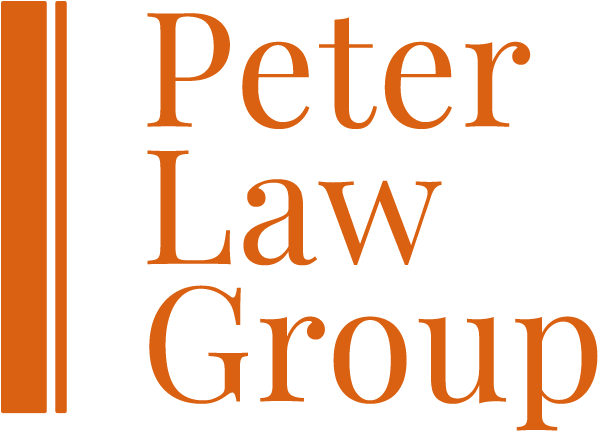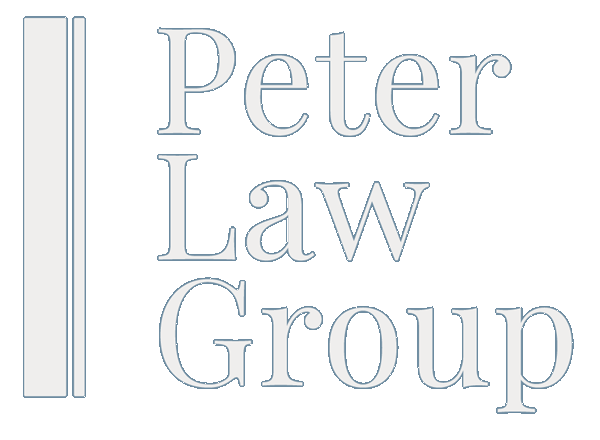Employment Litigation FAQs for California Employees
Employment disputes can be stressful and confusing. This FAQ is designed to help California employees understand their workplace rights, what employment litigation involves, and what to expect when working with a law firm. These answers provide general guidance and connect you to more detailed resources across Peter Law Group’s employment practice.
Frequently Asked Questions About Employment Litigation
What is employment litigation?
Employment litigation refers to legal disputes between employees and employers, including wrongful termination, discrimination, harassment, retaliation, wage and hour violations, misclassification, and class actions. Attorneys help employees understand their rights and pursue remedies under California law.
How do I know if I have a case?
You may have a case if you experienced unfair treatment, unpaid wages, discrimination, retaliation, or were fired for unlawful reasons. An employment attorney can review your timeline, documents, and what happened to determine whether your rights were violated.
What should I gather before speaking with an attorney?
It helps to collect documents such as emails, messages, pay stubs, timecards, schedules, HR reports, or company policies. You do not need everything—Peter Law Group can help gather evidence once representation begins.
Do I need to pay upfront to hire an employment lawyer?
Most California employee-side cases are handled on a contingency fee basis. This means you pay no upfront fees, and the attorney is compensated only if the case settles or is won.
What happens during the initial consultation?
During your consultation, an attorney reviews your story, asks clarifying questions, explains your rights, and discusses possible claims. You don’t need legal knowledge—just share what happened.
How long does an employment case take?
Some cases resolve in a few months, while others take longer due to investigation, negotiations, or court timelines. Many employment disputes settle before trial, but your attorney should prepare your case as if it may go to court.
What types of damages can employees recover?
Depending on the case, employees may recover:
-
Lost wages or back pay
-
Emotional distress damages
-
Penalties for labor code violations
-
Attorneys’ fees
-
In some cases, punitive damages
Can my employer retaliate against me if I pursue a claim?
Retaliation is illegal. Employers cannot fire, demote, discipline, or harass employees for asserting their workplace rights, reporting misconduct, or participating in a legal case. If retaliation happens, it may form a separate legal claim.
Do I have to quit my job to file a claim?
No. Many employees bring claims while still working for their employer. An attorney can advise on confidentiality, safety concerns, and how to proceed while protecting your position.
Will my case go to court, or will it settle?
Most employment cases in California settle before trial, often during negotiations or mediation. However, a strong law firm prepares your case for litigation from the beginning to maximize your leverage and outcome.
How do class actions work in employment cases?
A class action may be appropriate when a large group of employees experiences the same unlawful conduct, such as unpaid wages, missed breaks, misclassification, or discriminatory practices.
If your issue affects only you, an individual claim may be more appropriate.
If many coworkers share the same issue, Peter Law Group can evaluate whether a class action or a representative action would better protect your rights.
What is the first step if I want to move forward?
The first step is a consultation with an employment attorney to confirm your rights and assess your claim. If representation is appropriate, your attorney will outline next steps, preserve evidence, and begin communication with the employer or their legal team.
A consultation with Peter Law Group is confidential and focused on helping employees understand their legal options.
If you believe your workplace rights have been violated, contact Peter Law Group for a confidential consultation. Our attorneys help employees across California navigate employment disputes and pursue justice.

